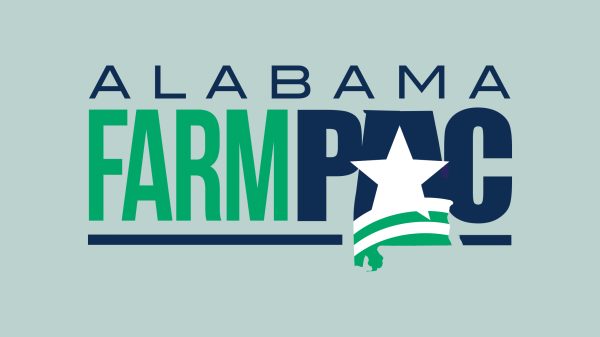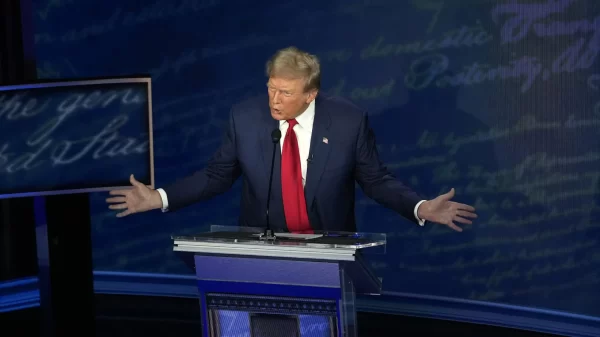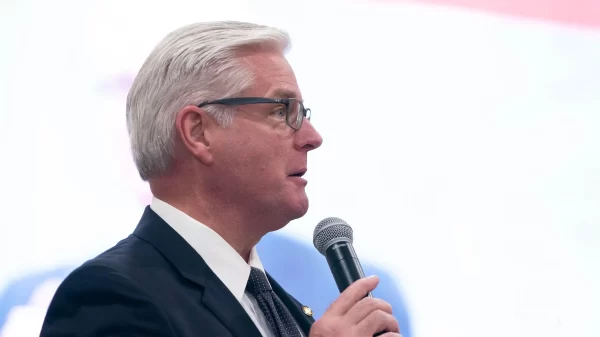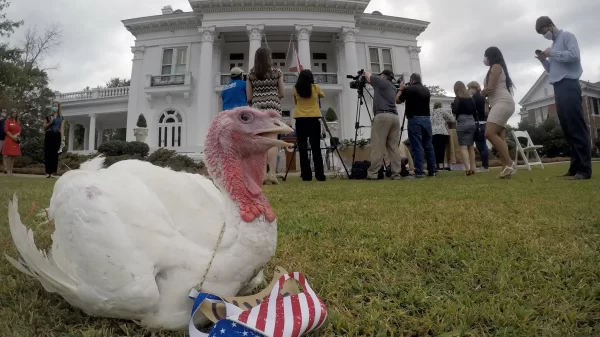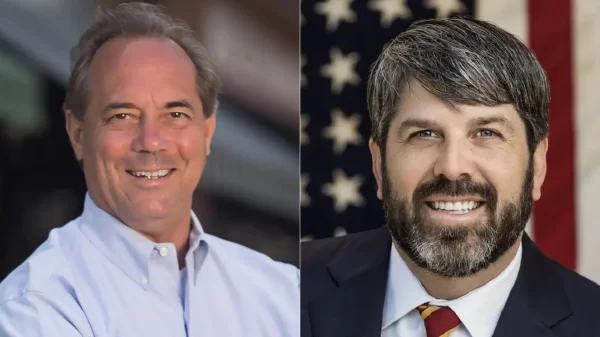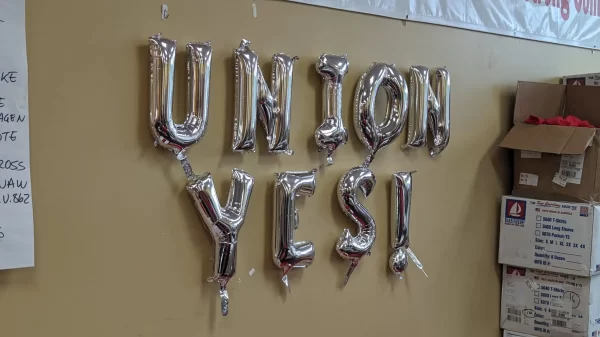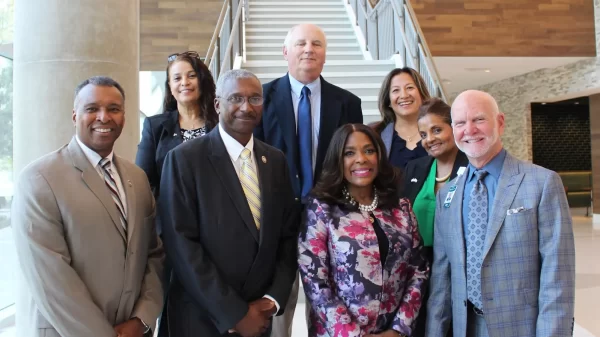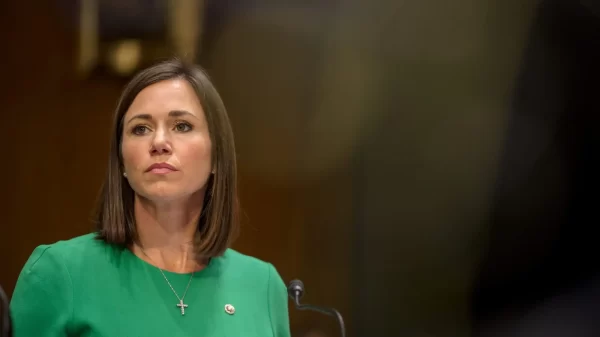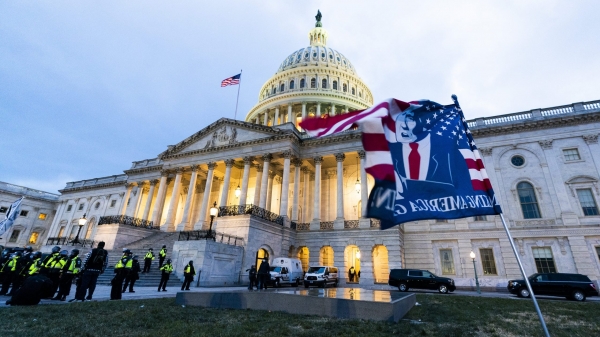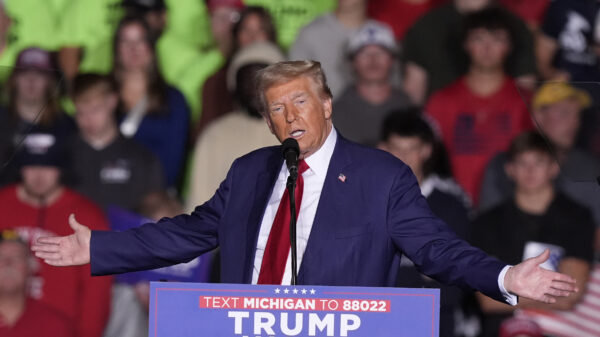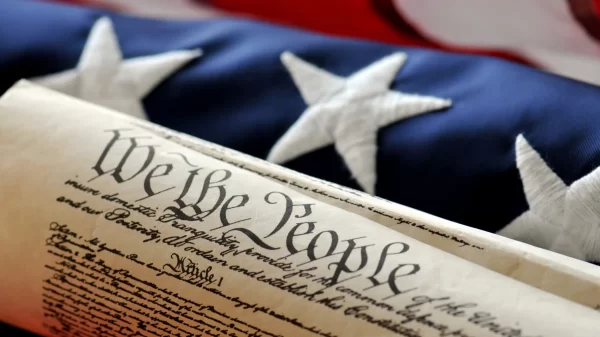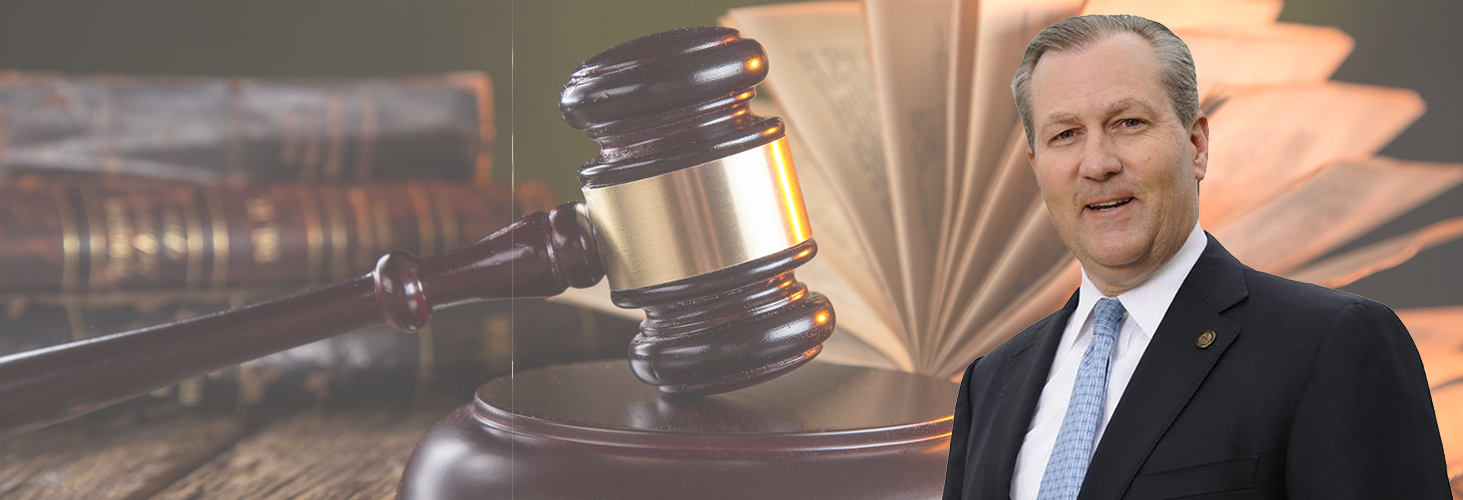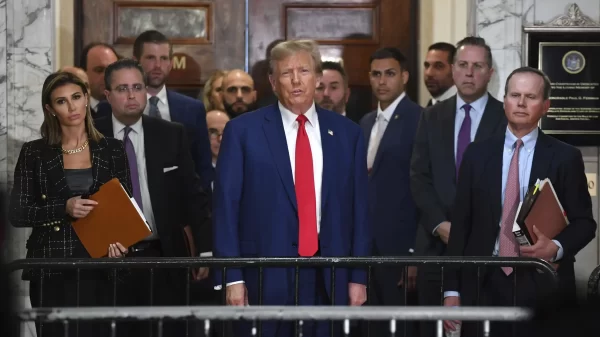By Bill Britt
Alabama Political Reporter
MONTGOMERY—Court filings state that, attorney and radio host, Baron Coleman gave his three-page affidavit to Speaker Mike Hubbard’s criminal lawyers, who used the information to renew its motion to dismiss Speaker Mike Hubbard’s felony case on prosecutorial misconduct and fraud.
In the State’s motion, it is revealed Coleman served as a confidential informant to the Attorney General’s Special Prosecution Division since the fall 2012. According to the State, Coleman supplied information on Hubbard and other individuals. The State provided proof of Coleman’s status to the court ex parte, and in camera. The information provided to trial Judge Jacob Walker III, marked as Exhibit A, is under seal.
Coleman’s business partner and radio co-host Jack Campbell provided the court with an affidavit that resolutely refutes accusations Coleman supplied to Hubbard against Matt Hart, the Special Prosecution Division Chief.
In its filing, the State says, Coleman’s “affidavit is misleading because it omits the key fact that Coleman has been a confidential informant for the State since the fall of 2012, longer than he has been a daily radio show host or political consultant for Sandy Toomer.”
As a consequence of this omission, the affidavit also fails to acknowledge that the conversations that Deputy Attorney General Matt Hart had with Coleman, “were all lawful and appropriate, because they were all conducted in the context of Coleman’s status as an informant.”
In his affidavit, Coleman claimed he was contacted by law enforcement, and that this was why he gave his sworn statement to Hubbard. However, an affidavit by Spencer Collier, State Secretary of ALEA, and Special Agent Jack Wilson, they deny his assertion stating that Coleman contacted them. According to both men, Coleman went to ALEA and asked to speak with Collier. The Secretary was contacted at his home and returned to his office to tell Coleman he did not hear interviews, and referred him to Wilson. Agent Wilson concluded after interviewing Coleman about the allegations described in his affidavit, that Coleman had not alleged any violation of criminal law. Wilson also “recommended that no formal investigation be opened into the matter of Coleman’s allegations.”
Secretary Collier also stated that Coleman initiated the contact that led to the Wilson interview, which is inconsistent with Coleman’s statement that law enforcement contacted him.
Former State Sen. John Rice, who was Sandy Toomer’s campaign manager in his run against Hubbard in the District 79 Republican primary, also swore an affidavit denying Coleman’s most outrageous claims, as did Toomer.
Hubbard’s motion to dismiss his felony charges are completely based on Coleman’s testimony which is strongly contradicted by Coleman’s closest allies. This coupled with the fact that Coleman turned from the State’s confidential informant, to working with Hubbard’s defense, has lead to grave speculation about his motives.
The latest filing states, “Setting aside the misleading nature of Coleman’s affidavit, even if it were true, it would be insufficient to support dismissal of the indictment.” In his affidavit, Coleman does not allege Hart leaked Grand Jury information, or that he violated the Alabama Rules of Professional Conduct.
As to Hubbard’s motion to dismiss, the State once again points out, as Judge Walker has in court, that any prosecutorial misconduct would have had to influence impacted the Grand Jury’s decision to indict.
“As this Court is well aware, in order to be entitled to dismissal of the indictment for prosecutorial misconduct, Hubbard must prove not only that misconduct occurred, but also that the misconduct substantially influenced the Grand Jury’s decision to indict. Hubbard’s Renewed Motion shows neither and therefore is due to be denied,” stated there prosecution. “While Hubbard’s Motion asserts that testimony of Grand Jury witnesses was disclosed, the Coleman affidavit does not make that assertion. Hubbard’s conclusory allegation that Hart violated the Grand Jury Secrecy Act is likewise unsupported by the Coleman affidavit, and fails for the reasons set forth in the other sections of this brief.”
Hubbard’s criminal lawyers have repeatedly sought to have Hart forced to testify as a witness, in order to have him disqualified from the case. Judge Walker has previously asked the defense to cite any legal precedent authorizing the taking of testimony from a prosecutor pre-trial, or requiring any prosecutor to testify as a witness. The State showed that “despite numerous opportunities to do so, the defense has never cited such a case. Instead, in the Renewed Motion, the defense has submitted a highly misleading affidavit from a former confidential informant for the State to try to convince this Court to order Hart’s testimony.”
The State concludes, “the sworn testimony in the Coleman, Campbell, Toomer, Rice, Collier, and Wilson affidavits is sufficient so that no further evidence need be received before the Court.”
As court records have shown, Hubbard has filed several motions to dismiss for the last 14 months. They have ranged from improper Grand Jury empanelment, to the Grand Jury exceeding its jurisdiction, to the expiration of the Grand Jury’s term, to selective prosecution, to the unconstitutionality of the Alabama Ethics Act. Judge Walker has recently denied nearly all of Hubbard’s motions.
The State asked the court to deny Hubbard’s motion to dismiss, based on Coleman’s statements.



